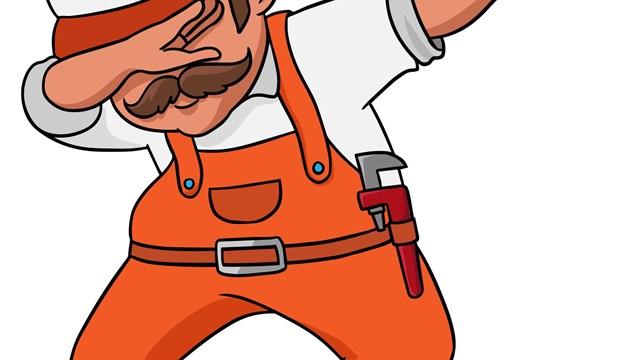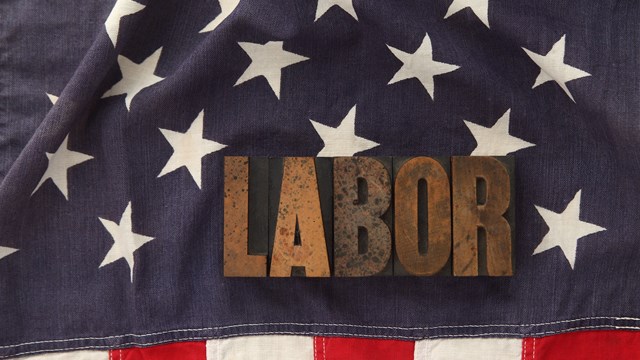
Q. I live in a condo in Westchester. We have a super who has been here for 20 years and he doesn’t do a thing except empty garbage and maybe vacuum the hallway. When the board members ask him to do something, he frequently refuses—yet he tells the unit owners to send emails to our management company telling them how good he is. He is very selective with which owners he helps in the building. How can we fire him?
—Tired of This Nonsense
A. “Initially, we need to know if the super’s employment is governed by an employment agreement or union contract,” says Andrew Wagner, shareholder attorney with the New York law office of Anderson Kill. “If so, the manner in which he can be disciplined or terminated would be governed by those agreements.
“Assuming neither of the above scenarios applies, then the super is an employee-at-will, and may be fired for any reason or no reason, at any time, provided that the termination is not for a discriminatory reason, or retaliatory in nature.
“Generally speaking, condominium boards are afforded protection by the Business Judgment Rule, which insulates boards from liability for decisions made in good faith. Given that there appear to be legitimate reasons for terminating the superintendent’s employment, the board can issue a termination letter and request that he turn over all keys and condominium property (i.e., tools, cell phone, etc.) to the management company. Additionally, if he resides in the building, he should be directed to move out of the unit by a specified date.
“Before doing so, however, it is a good idea to document the failures to perform his job duties, and to put him on notice of each example. Once a pattern emerges, he can be placed on probation, with a warning that further transgressions will result in his termination. And if he violates the terms of his probation, his termination will be difficult to challenge.
“Below are some specific guidelines that should be followed:
First, a comprehensive description of the super’s duties and responsibilities should be prepared and signed by him.
Second, complaints about his conduct and job performance should be immediately addressed, and he should be directed to resolve them in a timely manner.
Third, serious or repeated violations should be memorialized in writing and signed by him. The same is true when he is placed on probation.
Fourth, if he violates the terms of his probation, a termination letter should be issued.
“Although these procedures are not legally required, they are a prudent way to insulate the board from liability should the super later claim he was wrongfully terminated. And in the future, it is advisable to have an employment contract with the new super.”









Leave a Comment